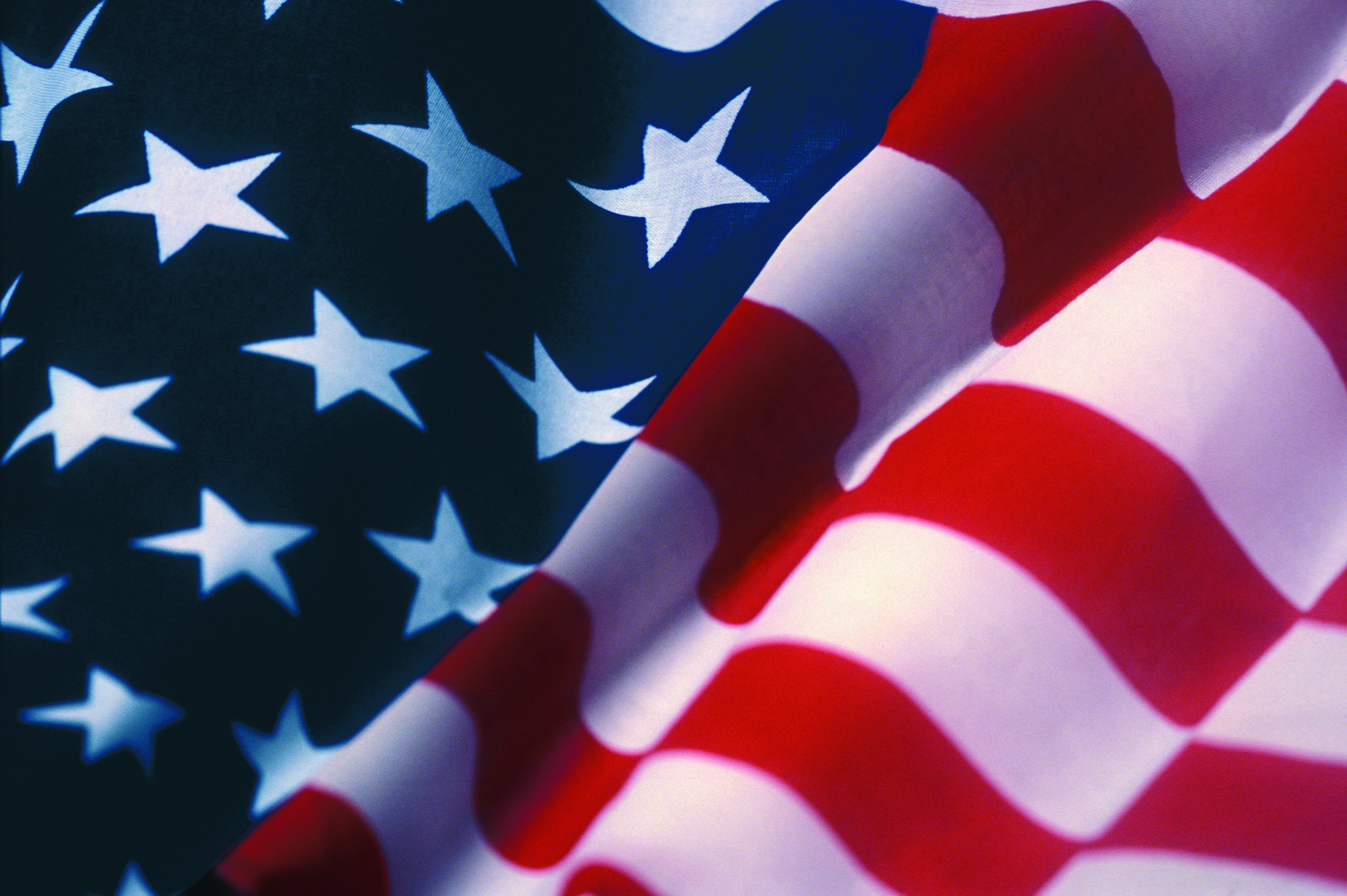West Virginians did a lot of the heavy lifting during the Vietnam War.
Maybe most of it.
A total of 36,578 served during the fighting and 1,128 came home in flag-draped coffins.
Per capita, that was highest in the nation.
From the Mountain State to the war zone, they arrived: Draftees and enlistees, alike, from what passed for the big towns, and then the little towns, and the no-towns, too.
Add hills and hollows, while you’re at it.
To be in-country was to be in a place utterly foreign.
The jungle had more hues of green than West Virginia’s 55 counties — and the scenery was deceptively, lethally menacing.
Flashing lights from the tree line meant holes in backs and bellies. A snag on a boot was a landmine.
The end result was a Purple Heart for you at Walter Reed, or a folded American flag for your mom at your graveside.
For Tommy Bennett, it was a Medal of Honor, the military’s highest recognition for battlefield bravery. His was presented to his family, posthumously.
Bennett, a Morgantown High graduate, was a WVU student when he reported to the draft board, as a young man conflicted. He loved his country, but he didn’t like its foreign policies that led to the troop buildups in Southeast Asia.
He was opposed to killing. He didn’t want to shoulder a rifle, so he carried a medic’s pack as a conscientious objector.
After saving a number of buddies wounded in firefights over consecutive days, he was fatally felled by a single gunshot to the head, while trying to rescue a soldier who may have already been gone.
Had Bennett been able to come home on his own, those who knew him say, he probably would have emerged from the experience as an activist minister.
Or a senator or other elected lawmaker, perhaps, putting oath, order and service above politics.
That’s what Bonni McKeown, his WVU classmate and friend who wrote a book about him, believes to this day.
“He’d still be trying to save people,” she said. “That was Tom.”
This past week marked the 50 years since American troops were last in Vietnam.
Events were held across the country for the veterans and other personnel that a couple of generations of the people who weren’t there tried to forget.
Or, at least chose not to acknowledge.
American Legion Post 174 at Richard on W.Va. 7 held a reception and recognition for veterans and their families.
Cecil Roberts, the United Mine Workers of America president who was an infantryman in Vietnam in 1967-68, gave keynote remarks at the post that evening that Wilbur England said was more important than ever, as veterans are aging and still fighting battlefield demons.
For England, who served during Vietnam and remains active in veterans’ causes today, “acknowledge” is the watchword.
“They wore the uniform and they went,” he said.
“And that has to count. It just does.”
TWEET @DominionPostWV




